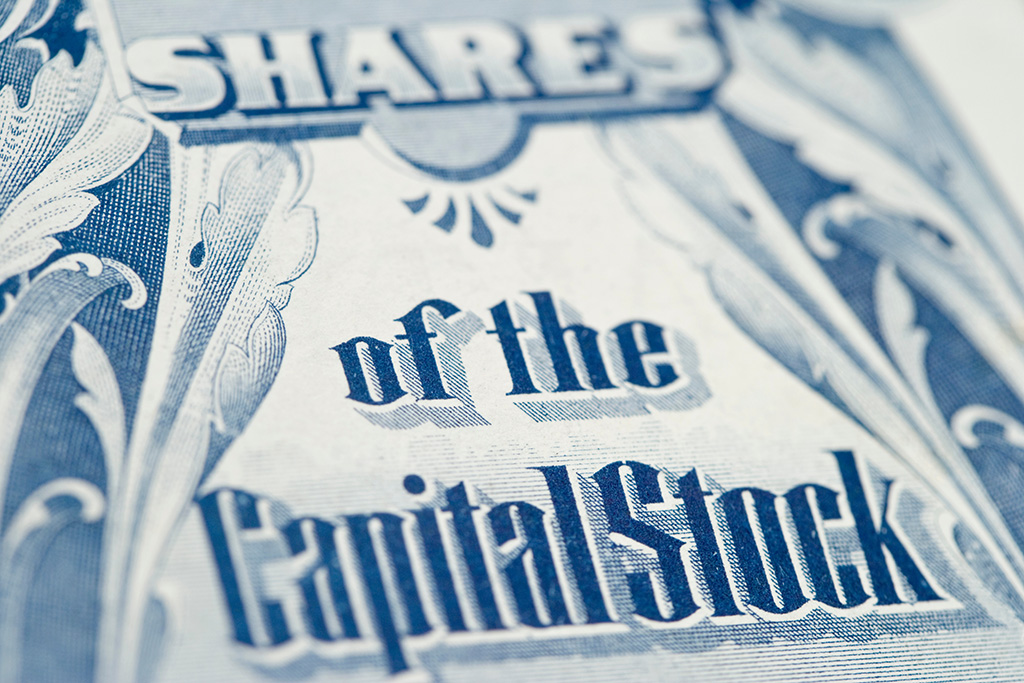In the ever-evolving landscape of finance, the rise of blockchain technology has given birth to a new asset class: security tokens. These digital assets are reshaping how investments are made, owned, and traded. As the world leans more into the digital age, a pressing question emerges: Will the stock exchanges of the world shift from traditional stock certificates to the more modern, blockchain-enabled security tokens? Let’s delve into the similarities and differences between these two and consider the potential future of global stock exchanges.
Understanding Security Tokens and Stock Certificates
Stock Certificates: Traditionally, owning a piece of a company meant holding a stock certificate, a physical document that represented the number of shares an individual owned. Over time, these certificates have largely moved to electronic registration, but the underlying concept remains unchanged: they are a tangible representation of ownership and investment in a company.
Security Tokens: On the flip side, security tokens are digital assets that use blockchain technology to represent ownership or an interest in real-world assets, such as stocks. They offer a modern approach to recording ownership and transactions, ensuring security, transparency, and efficiency through distributed ledger technology.
Comparing Security Tokens and Stock Certificates
- Transparency and Efficiency: Security tokens provide a higher level of transparency and efficiency compared to traditional stock certificates. Blockchain technology allows for real-time tracking of asset ownership and transactions, reducing the likelihood of errors and the need for intermediaries.
- Global Access and Liquidity: Security tokens can be traded on a global scale, potentially 24/7, offering greater liquidity and access to international investors. In contrast, traditional stocks are often limited by market hours and regional restrictions.
- Regulation and Legal Recognition: Stock certificates have a well-established legal framework that governs their issuance, transfer, and rights of the holders. Security tokens, while promising, still face regulatory uncertainties and legal challenges in various jurisdictions.
- Cost and Speed of Transactions: The use of blockchain can significantly reduce the costs associated with issuing and trading securities by eliminating many of the middlemen in traditional stock markets. Additionally, transactions can be completed faster, almost in real-time.
Will Stock Exchanges Convert to Security Tokens?
The potential benefits of security tokens are clear, but the transition from traditional stock certificates to security tokens on a global scale involves significant challenges:
- Regulatory Hurdles: For a complete shift, regulatory bodies worldwide would need to establish a cohesive framework that recognizes and governs security tokens, ensuring investor protection and market integrity.
- Technology Adoption: Stock exchanges and financial institutions would need to invest in new technologies and infrastructure to support security token trading, requiring substantial time and capital.
- Market Acceptance: Investors and companies would need to understand and trust the security token format as much as they do traditional stocks, which could take years of education and demonstration of value.
- Interoperability: For global adoption, there would need to be standards to ensure interoperability between different blockchain platforms and existing financial systems.
Conclusion
While the transition to security tokens offers exciting possibilities for increased efficiency, transparency, and global access, the road ahead is paved with regulatory, technological, and market acceptance challenges. However, as blockchain technology continues to mature and regulations evolve, we may see an increasing number of stock exchanges experimenting with and gradually adopting security tokens.
For now, traditional stock certificates and electronic stocks remain the norm. But as the financial world becomes more digital and interconnected, the switch to security tokens could be an inevitable step in the evolution of global stock exchanges. Investors and companies alike should stay informed and be prepared for the changes that lie ahead in the dynamic landscape of investment securities.

Leave a Reply